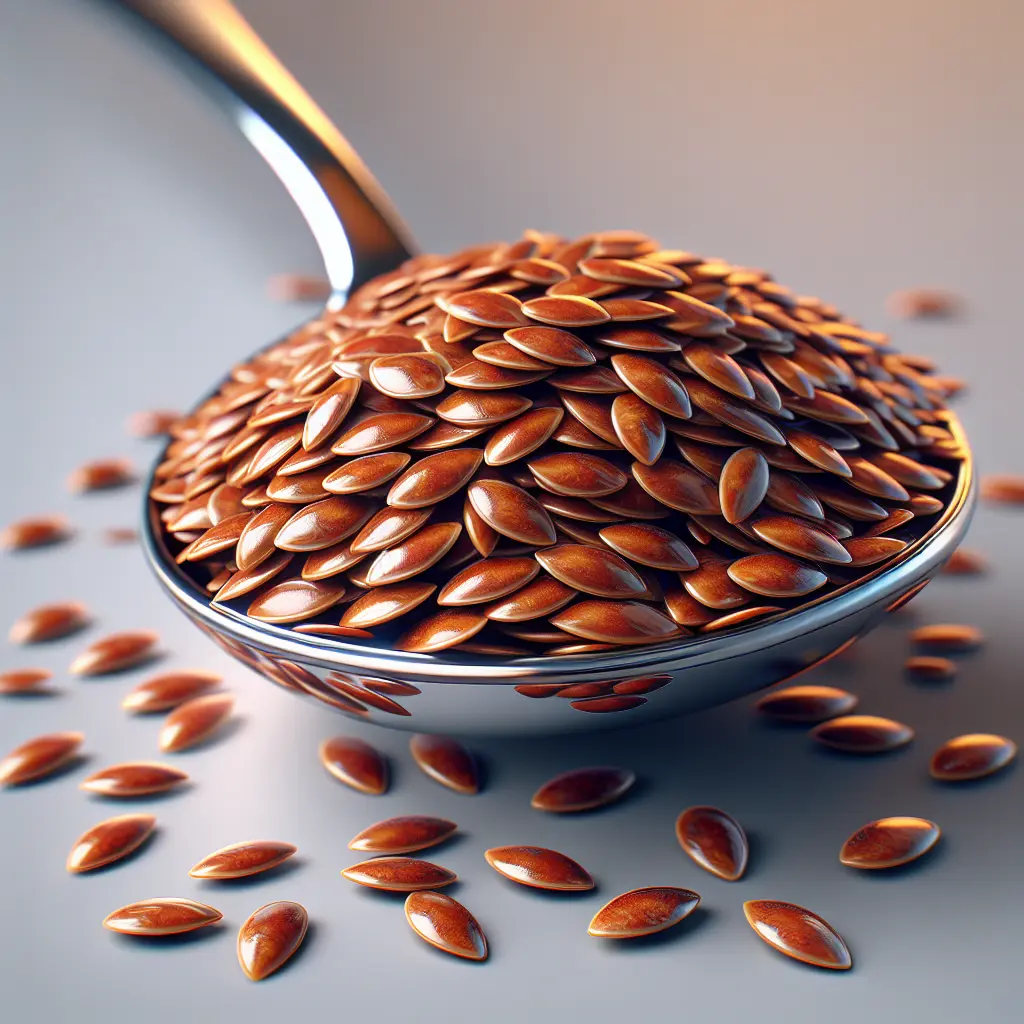Flax: A Nutritional Powerhouse
Flax seeds are tiny, brown seeds that are packed with a wide range of essential nutrients, making them a nutritional powerhouse. They are a rich source of:
- Protein: Flax seeds are a good source of plant-based protein, providing 1.9 grams per tablespoon.
- Fiber: Flax seeds are an excellent source of both soluble and insoluble fiber, which is essential for digestive health and can help lower cholesterol levels. One tablespoon of flax seeds provides 2.8 grams of fiber.
- Omega-3 fatty acids: Flax seeds are a rich source of alpha-linolenic acid (ALA), an essential omega-3 fatty acid. ALA is converted to the active forms of omega-3 fatty acids, EPA and DHA, in the body.
- Lignans: Flax seeds are the richest source of lignans, which are plant compounds with antioxidant and anti-inflammatory properties.
Health Benefits of Flax
The consumption of flax seeds has been linked to a number of health benefits, including:
- Improved heart health: The omega-3 fatty acids and fiber in flax seeds can help lower cholesterol levels and reduce the risk of heart disease.
- Reduced inflammation: The lignans in flax seeds have anti-inflammatory properties, which can help reduce inflammation throughout the body.
- Improved digestive health: The fiber in flax seeds can help promote regularity and prevent constipation.
- Lowered risk of cancer: Some studies have suggested that flax seeds may help lower the risk of certain types of cancer, such as breast and prostate cancer.
How to Incorporate Flax into Your Diet
Flax seeds are a versatile food that can be easily incorporated into a healthy diet. They can be added to:
- Smoothies: Add a tablespoon of ground flax seeds to your favorite smoothie for a nutritional boost.
- Salads: Sprinkle ground flax seeds on top of salads for added crunch and fiber.
- Yogurt: Mix ground flax seeds into yogurt for a protein- and fiber-rich snack.
- Oatmeal: Stir ground flax seeds into oatmeal for a nutritious and filling breakfast.
- Baked goods: Add ground flax seeds to muffins, bread, and other baked goods for extra fiber and nutrients.
Flax seeds can be purchased whole or ground. Whole flax seeds are more shelf-stable, but ground flax seeds are easier to digest. It is important to store flax seeds in an airtight container in the refrigerator to prevent them from going rancid.
How many calories are in Flax?
Each 1 tbsp, whole of Flax contains 55 calories.
Flax Nutritional Information
| Nutrient | Amount per 1 tbsp, whole (10g) |
|---|---|
| Calories | 55 Calories |
| Protein | 1.9g |
| Fat | 4.3g |
| Saturated Fat | 0.4g |
| Cholesterol | 0mg |
| Carbohydrates | 3g |
| Dietary Fiber | 2.8g |
| Sugar | 0.2g |
| Sodium | 0.0031mg |
| Potassium | 0.0837mg |
| Calcium | 0.026mg |
| Iron | 0.0006mg |
